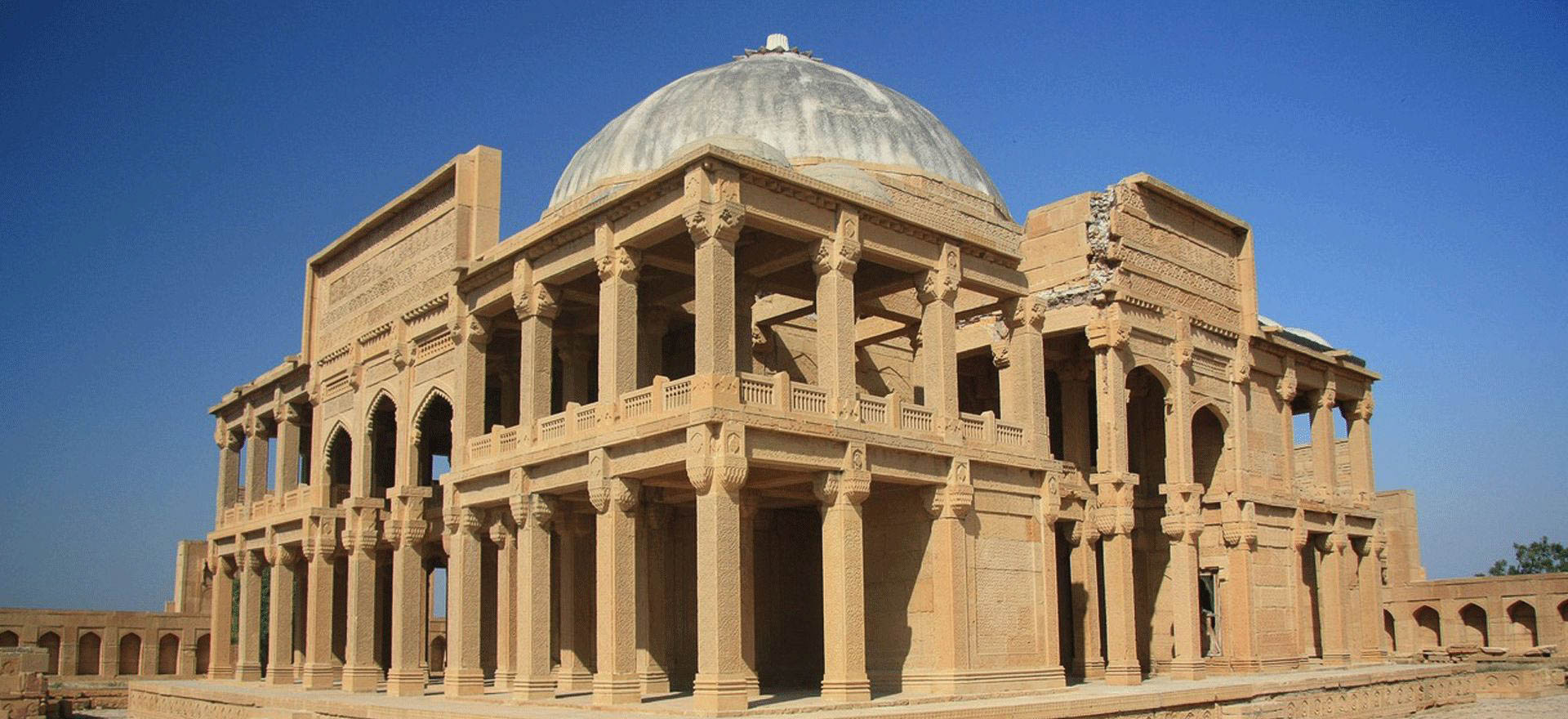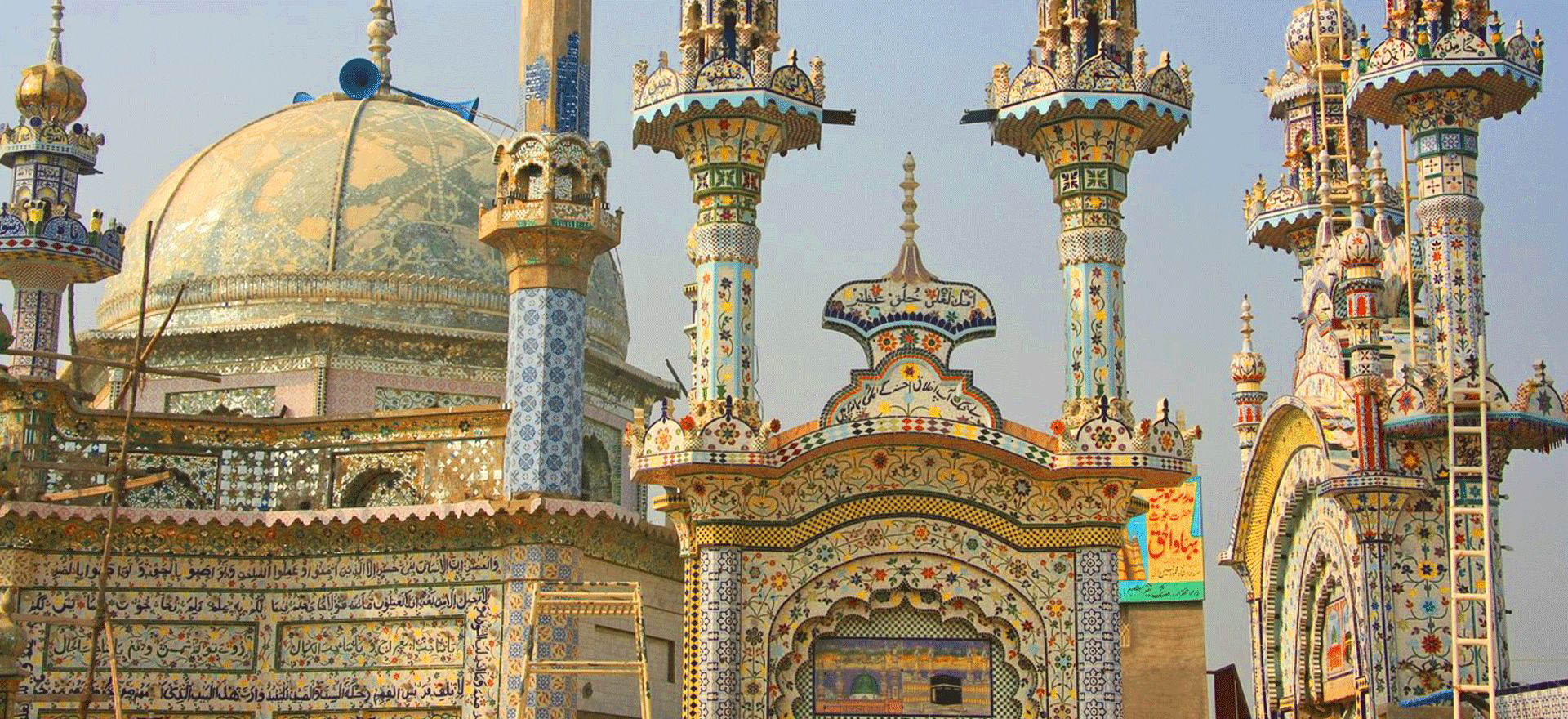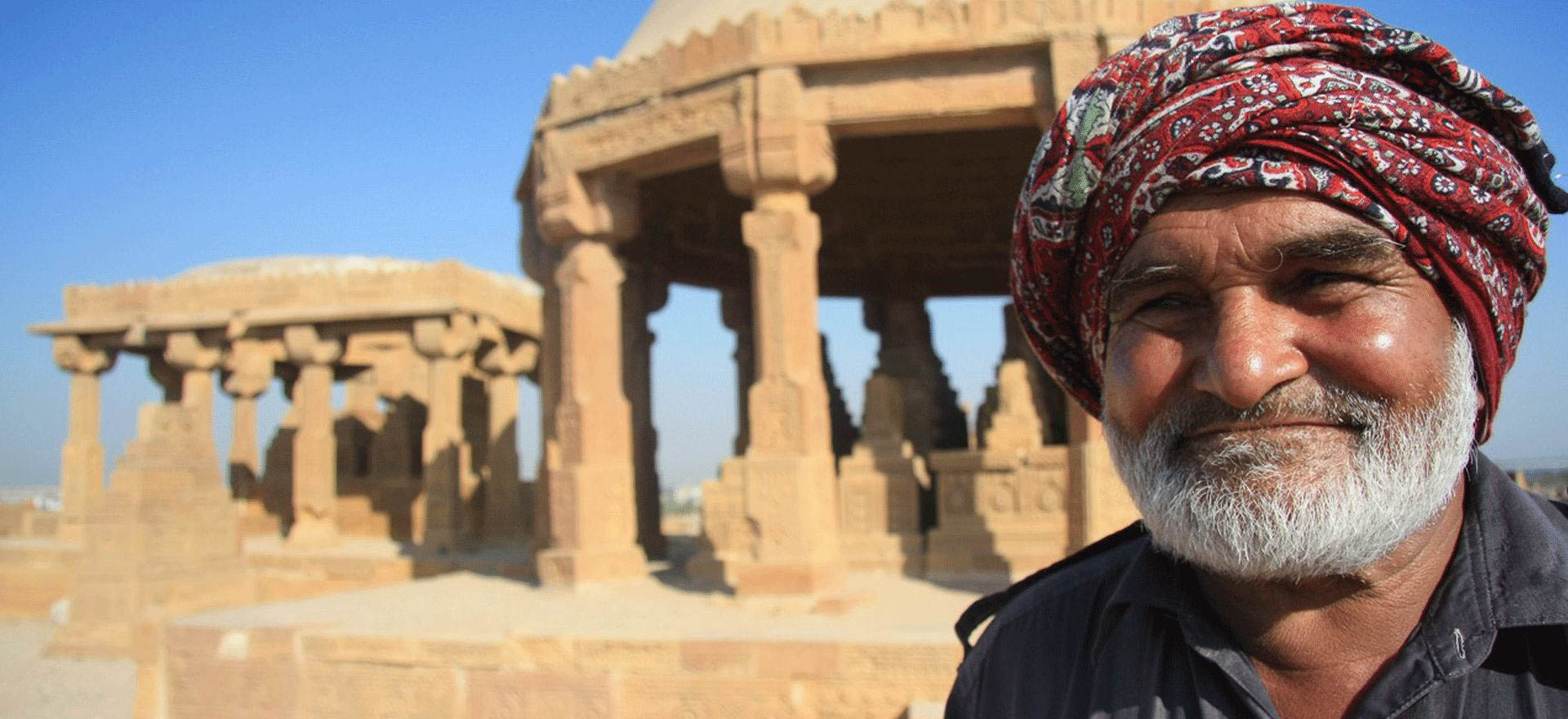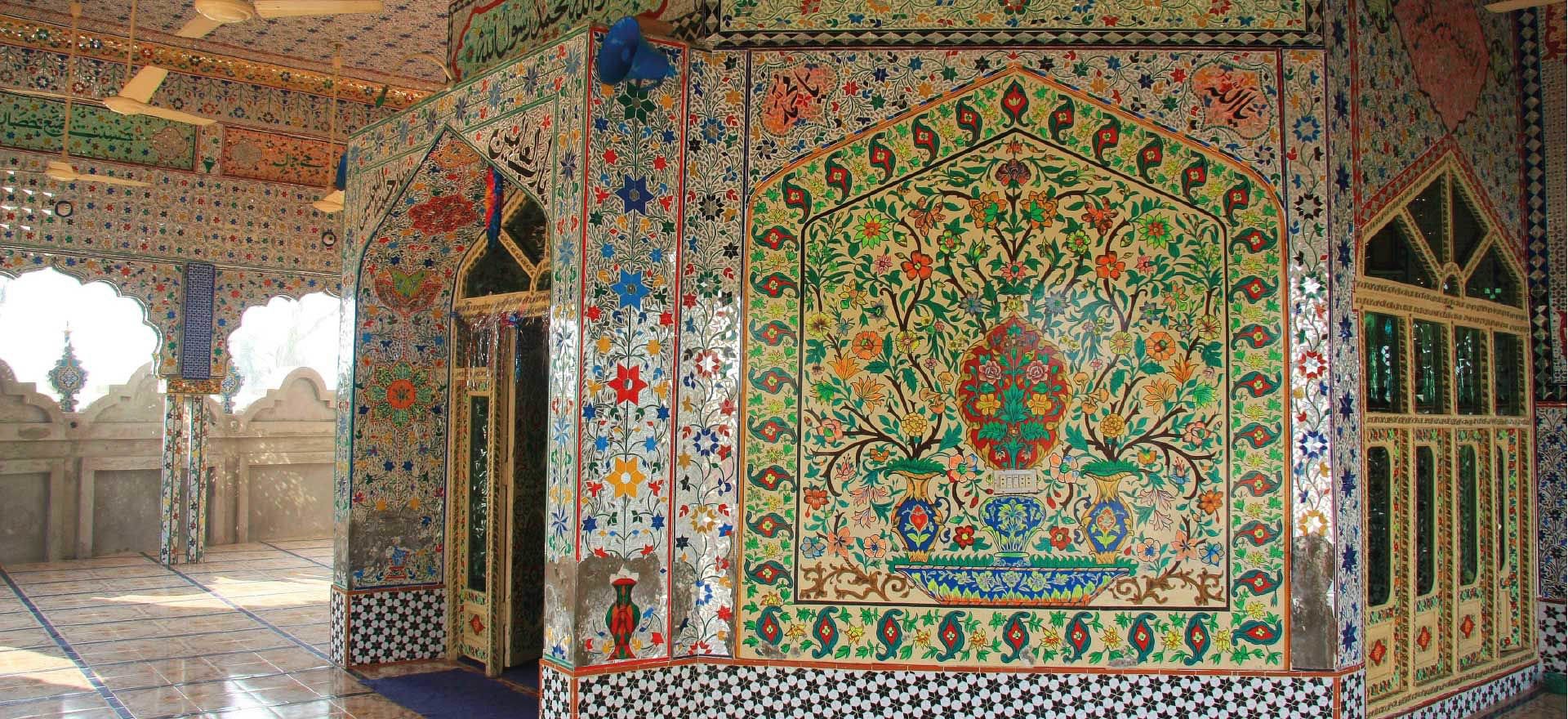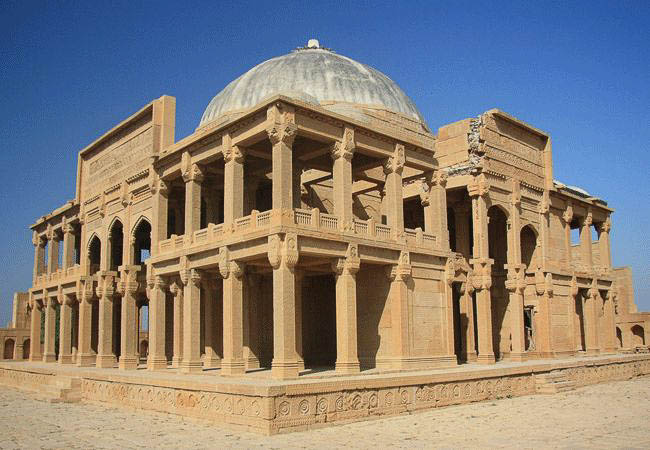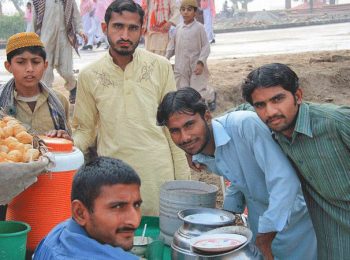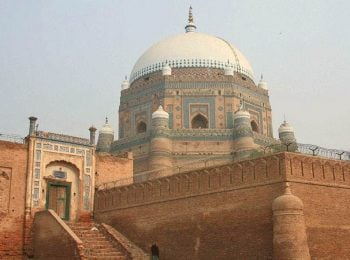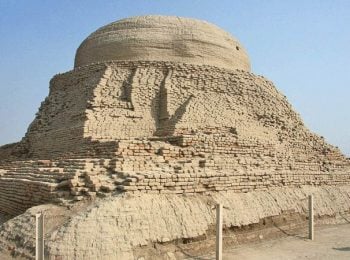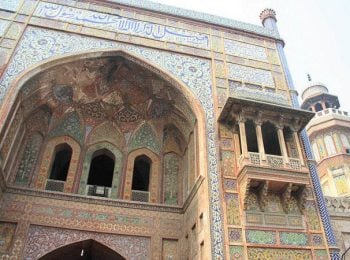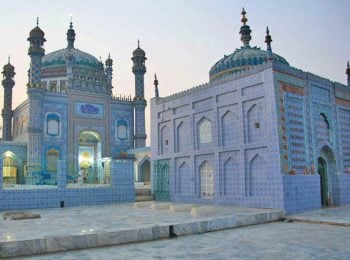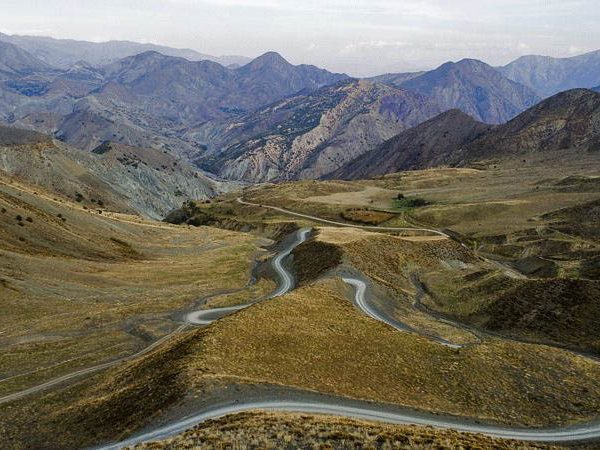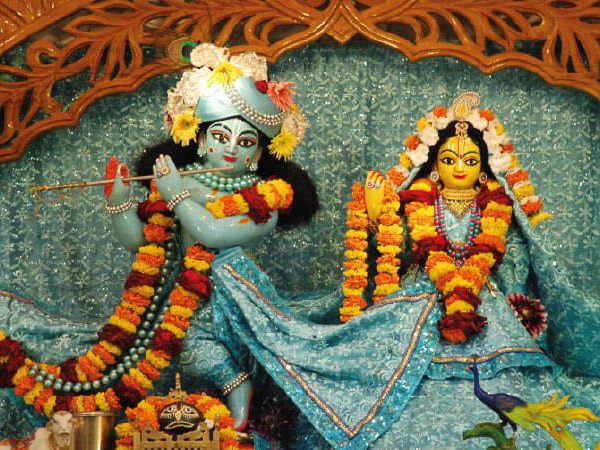Visas
All travellers will require a visa to enter Pakistan, which must be obtained before travel. Visa regulations can change however and so we recommend that you contact your nearest embassy for the most up to date information.
You should ensure that your passport has at least six months’ validity after the end date of your trip. We also strongly recommend that your passport has a minimum of two blank pages next to each other – on rare occasion it may lead to problems with visas and immigration authorities if it does not.
Health and vaccinations
We are not medically qualified and so we recommend that you speak to your doctor or nearest health professional for advice concerning recommended vaccinations. For more advice on vaccinations you can also visit www.fitfortravel.nhs.uk.
If you have any physical limitations that might impact your ability to participate in the planned tour activities, it’s essential that you make us aware as soon as possible so that we can discuss this with you.
Insurance
It is a condition of joining our tours that you have suitable travel insurance in place, and we cannot accept travellers without insurance. All policies differ in terms of what they will cover, but as a minimum you need medical and health cover, which will cover you for the whole time that you are away. Most policies will also include cancellation cover, which will cover you if an unforeseen circumstance obliges you to cancel your trip. We recommend that you obtain your insurance as soon as you book your trip.
Please note that government travel warnings often affect the validity of your travel insurance, and you should check this with your insurance company.
Money
The local currency in Pakistan is the rupee. British pound sterling, US dollars or Euros are all fine to bring for exchange purposes.
It’s not difficult to change money in Pakistan, either at banks or the hotels and your guide can assist with this. There are a good number of ATMs in Pakistan, although once you get further off the beaten track don’t count on there being any, or the rare ones that there are, to be properly working. For this trip it is best to change money in Karachi, at the start.
Local conditions
When travelling to some of the destinations we offer you need to bear in mind that things won’t always work here as we’re used to them working at home. Travelling in underdeveloped and untouristed destinations requires both patience and a sense of humour. There may be problems with infrastructure, attitudes may be different, and maintenance may not be as high a standard as we would always like, but this is very much part and parcel of travelling in such a place. We aim to resolve any issues as quickly as possible, and thank you for your patience.
Travel advice
We keep a very close eye on the travel advice issued by the UK Foreign and Commonwealth Office so that we can keep you up to date with any warnings. At the time of writing the FCO advises against travel to several parts of Pakistan that this trip visits.
We work very closely with our local team and are fully confident that we can operate tours safely in Pakistan. Should you have any concerns over safety please do not hesitate to contact us and we can address your concerns.
This relates to advice from the British government – other nationalities need to check the stance of their own governments.
Please note that the information contained above is highly susceptible to change, and while we endeavour to keep up to date we recommend that you use this as a guide only. Should you have any questions, please don’t hesitate to contact us.

